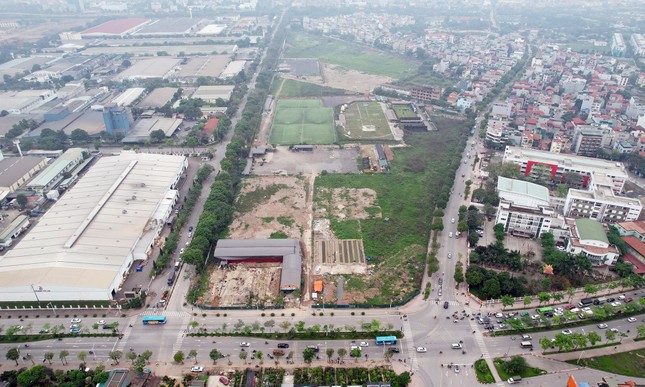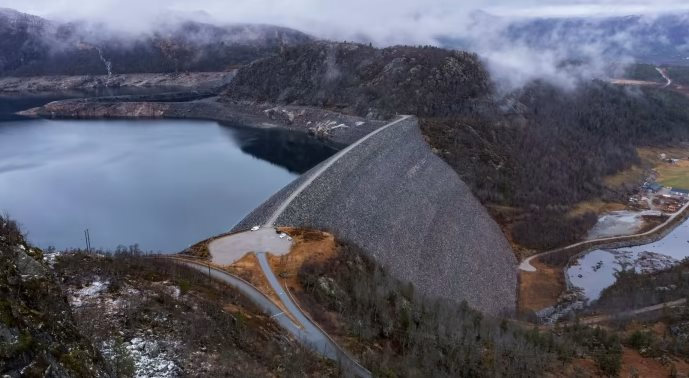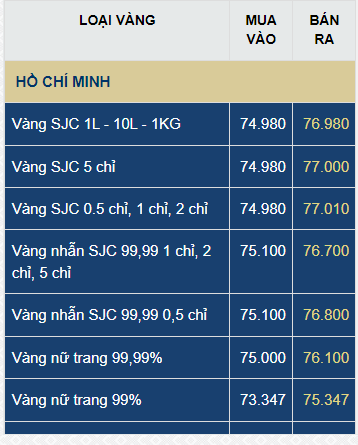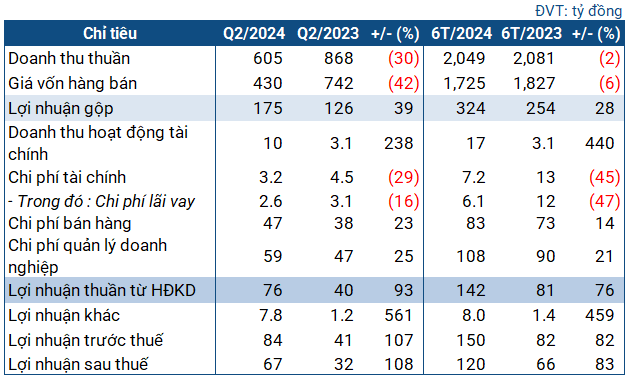According to Article 79 of the Land Law (amended), the government has the right to reclaim land in 32 necessary cases in order to carry out socio-economic development projects for the benefit of the nation and the public. This is done to harness land resources, improve land use efficiency, develop modern infrastructure, implement social welfare policies, protect the environment, and preserve cultural heritage.
Specifically, the government can reclaim land for the construction of transportation, irrigation, water supply and drainage, waste treatment, public lighting, oil and gas, postal, telecommunications, information technology infrastructure, local markets, religious and spiritual sites, public entertainment areas, and community activities.
It can also build headquarters for the Communist Party of Vietnam, state agencies, the Vietnam Fatherland Front, political and social organizations, professional associations, social and occupational organizations, and other organizations established in accordance with the law. These organizations are provided with regular financial support. Additionally, the government can build headquarters or representative offices for public sector educational and cultural institutions under the Party and state agencies.

The amended Land Law, passed by the National Assembly and effective from January 1, 2025, defines 32 cases of land reclamation for socio-economic development.
Furthermore, the government can reclaim land for the construction of cultural establishments, historical and cultural relics, natural landscapes, healthcare facilities, social service facilities, educational and training institutions, sports facilities, scientific and technological establishments, diplomatic facilities, environmental protection, biodiversity conservation, meteorology, hydrology, animal quarantine, plant quarantine, and relocation projects.
Land can also be reclaimed for social housing projects, housing for the armed forces, with the exception of cases where land use rights are agreed upon. Additionally, land can be reclaimed for public housing projects, renovation and reconstruction of apartment buildings, with the exception of cases where apartment owners agree to transfer land use rights to investors for renovation and reconstruction projects in accordance with the Housing Law, and resettlement projects.
Reclaimed land can be used for industrial zones, industrial clusters, high-tech parks, high-tech agricultural application areas, concentrated information technology areas, high-tech forestry areas, or non-customs zones within economic zones.
Moreover, land can be reclaimed for large-scale production, processing of agricultural, forestry, aquatic products, concentrated production areas that are integrated throughout the value chain from production to processing, serving multiple districts or regions. It can also be reclaimed for planting and preserving medicinal plant genes for the development of traditional medicine.
Reclaimed land can be used for marine reclamation activities, mineral extraction activities that have been granted permits by competent state agencies, including infrastructure serving mineral extraction and processing activities associated with the mining area and safety corridors for mining. It can also be used for projects in areas adjacent to transportation connections and potential transportation routes.
Investment projects involving the construction of mixed-use urban areas with synchronized technical infrastructure and social infrastructure for housing, as regulated by construction laws, to build new or renovate existing urban areas, rural residential areas, cemeteries, funeral homes, crematories, and bone repositories.
In addition, land can be reclaimed for housing and production arrangements for ethnic minorities in order to implement land support policies for ethnic minority communities as regulated by this Land Law. It can also be used for the construction of surface structures for the operation, exploitation, and use of underground works, authorized projects approved by the National Assembly and the Prime Minister in accordance with the law.
In cases where land reclamation is carried out for projects and works that are for the national and public benefit but are not covered in cases 1 to 31 of this Article, the National Assembly shall amend and supplement the land reclamation cases in accordance with an expedited procedure.


































